**Note: This page is for educational inspiration and is not officially affiliated with Tell a Fairy Tale Day. For more general information about the importance of storytelling and traditional literature, you can explore resources from literacy organisations or cultural institutions.
Thursday 26th February 2026
Understanding Tell a Fairy Tale Day in EYFS & KS1
Once upon a time... it was a special day for magical stories! 👑🐉 Tell a Fairy Tale Day is an informal observance, typically celebrated annually on February 26th. While its precise origins aren't widely known, it's a day dedicated to the enchanting world of fairy tales – both timeless classics and imaginative new creations. It encourages people of all ages to read, share, or even create their own fairy tales, recognising their enduring power to entertain, impart valuable moral lessons, and spark boundless imagination. These tales often feature magical elements, brave heroes, cunning villains, and happy (or sometimes cautionary) endings, reflecting universal themes and cultural values.
For early years settings, nurseries, preschools, childminders, and Year 1 and Year 2 classrooms, this day provides a wonderfully imaginative and foundational theme for exploring literacy, communication and language, creativity, personal, social & emotional development, and understanding the world. It's about nurturing a love for books and narratives, developing comprehension skills, encouraging imaginative play, and helping children understand character, plot, and moral concepts. This day offers fantastic planning ideas and inspiration for engaging activities that truly resonate with young minds, making learning about storytelling and traditional literature both captivating and impactful.
Why Is Exploring Fairy Tales Important for Young Children?
Integrating fairy tales into your practice with young children (aged 0-7) is very important for fostering their cognitive, linguistic, and social-emotional development.
Imagination & Creativity: Fairy tales transport children to fantastical worlds, encouraging imaginative play and creative thinking.
Language & Vocabulary Development: Exposes children to rich language, new words, complex sentence structures, and narrative patterns, enhancing their communication skills.
Emotional & Moral Development: Helps children understand and process emotions, right from wrong, and universal moral lessons through characters' experiences and plotlines.
Problem-Solving Skills: Characters often face challenges, showing children different ways to approach and overcome obstacles.
Cultural Understanding: Traditional tales often reflect cultural values and can introduce children to different customs and beliefs (even if simplified).
Literacy Foundation: Lays crucial groundwork for reading comprehension, story sequencing, and an enjoyment of books, supporting their early literacy journey.
Listening & Attention: Encourages sustained attention as children follow the unfolding narrative.
Engaging Fairy Tale Activities for Tell a Fairy Tale Day (0-7 Year Olds)
Open the storybook and let the magic begin! 📖✨ Make Tell a Fairy Tale Day a truly enchanting and expressive experience with these planning ideas and activities perfect for EYFS and KS1 children. The focus is on immersing children in the world of fairy tales, from listening to telling to creating their own! Many of these early years and year 1 activities can be supported by our extensive 'Traditional Tales' and 'Books and Storytelling' resources, as well as dedicated pages for specific fairy tales.
Here's some inspiration for celebrating fairy tales in your setting: (Please use your own discretion and knowledge of your children to ensure appropriateness of each activity and safety concerning any materials given and activity undertaken.)
Deep Dive into a Favourite Tale: Choose one or two well-known fairy tales to focus on. We have comprehensive resources on dedicated pages for:
Explore "What is a Traditional Tale?": Discuss the common features of fairy tales (magic, good vs. evil, happy endings). Use 'Traditional Tales - 'What Is A Traditional Tale?' Display Pack' and 'Traditional Tales - 'What Is A Traditional Tale?' Poster'.
Story Mapping & Sequencing: Help children understand story structure (beginning, middle, end, characters, setting) using 'Story Maps' and 'Story Maps - Beginning/Middle/End'. Use 'Traditional Tales - Match Story Element Puzzles' and 'Traditional Tales - 2-Piece Puzzles' to reinforce story elements.
Role-Play & Dramatic Retelling: Encourage children to act out parts of fairy tales. Provide props or masks. Use 'Traditional Tales - Role-Play/Display Sign Posts' and 'Traditional Tales - Speech Bubbles' to support their narratives. Masks like 'Goldilocks And The Three Bears - Masks - Colouring', 'The Three Little Pigs - Role-Play Masks', and 'The Gingerbread Man - Role-Play Masks' are perfect for this.
Create Your Own Fairy Tale: Inspire children to invent their own magical stories. Provide 'Traditional Tales - Drawing/Writing/Mark Making Sheets' for them to illustrate or dictate their tales.
Book Reviews & Favourite Tales: Encourage children to talk about their favourite fairy tale characters or parts of a story. Use 'Book Review Sheets'.
Literacy Framework Support: Reference our 'EYFS Framework - Support Examples - Birth To 3 - Literacy', 'EYFS Framework - Support Examples - 3 And 4 Year Olds - Literacy', and 'EYFS Framework - Support Examples - Reception - Literacy' for guidance. Also, 'EYFS Framework - Support Examples - Reception - Communication And Language' is directly relevant.
Connections to Other Themes:
Fairies: Explore fairy tale elements with our 'Fairies' page resources.
Mermaids and Mermen: Dive into underwater fairy tales with our 'Mermaids and Mermen' resources.
Nursery Rhymes: Connect to simple narrative structures.
Pirates: Introduce adventurous tales with our 'Pirates' resources.
Shakespeare: For older KS1, a brief mention of storytelling through plays can be introduced with 'History - Shakespeare - William Shakespeare Masks’.
Explore More: For even more book related resources, please visit our ‘Books and Storytelling’ page! Also, check our 'Traditional Tales' hub page for dedicated resources.
These activities offer great inspiration for making Tell a Fairy Tale Day a memorable and impactful experience in your early years and Key Stage One setting, fostering a love for stories, strong communication and language skills, creativity, and a deep appreciation for narrative.
To explore ideas surrounding additional early years events, please visit our 'Special Dates Calendar' page.
Printable resources to support teaching & learning surrounding: ‘Tell a Fairy Tale Day’
For even more book related resources, please visit our ‘Books and Storytelling’ page!
For additional ‘Literacy’ resources, visit the following ‘Area of Learning’ pages:
(Dedicated KS1 ‘English’ Curriculum pages coming very soon!)
Additional Pages you may like to explore which cover relevant &/or Connected themes
More Early Years Event Pages for February
Let's learn about magnificent polar bears and their icy homes! 🐻❄️🧊 International Polar Bear Day is an annual event, celebrated globally on February 27th. It is organised by Polar Bears…
Once upon a time... it was a special day for magical stories! 👑🐉 Tell a Fairy Tale Day is an informal observance, typically celebrated annually on February 26th. While its precise origins…
Let's show our furry (or scaly, or feathered!) friends how much we care! ❤️🐾 Love Your Pet Day is an informal observance, typically celebrated annually on February 20th. While its precise…
Let's give our feathered friends a home! 🐦🏡 National Nestbox Week is an annual event in the UK, organised by the British Trust for Ornithology (BTO). It typically runs from February 14th…
Let's sprinkle kindness everywhere we go! ✨💖 Random Acts of Kindness Day is an annual observance, celebrated globally on February 17th. This day is often part of a broader 'Random…
Let's learn how to keep our teeth healthy and happy! 🦷😁 National Toothache Day is an informal observance, typically celebrated annually on February 9th. While its precise origins aren't widely…
Let's make our friends smile with a special card! 💌😊 Send a Card to a Friend Day is an informal observance, typically celebrated annually on February 7th. While its exact origins aren't…
Let's count our way to helping children! ➕➖ Number Day is an exciting annual fundraising event for schools across the UK, organised by the NSPCC (National Society for the Prevention of…
Let's use our voices and talk about how we feel! 🗣️💬 Time to Talk Day is an annual event in the UK, typically held in early February. It is a crucial initiative run by Mind and Rethink Mental…
Let's talk about our feelings and feel good! 😊💭 Children’s Mental Health Week is an annual event in the UK, organised by Place2Be, a leading children's mental health charity. It typically takes…
Splash into learning about wetlands! 🏞️🐸 World Wetlands Day is an annual observance, celebrated globally on February 2nd. It marks the date of the adoption of the Convention on…
Once upon a time... there was a special week for stories! 📚🗣️ National Storytelling Week is an annual event in the UK, organised by the Society for Storytelling. It typically takes place during…
Chirp, tweet, let's count the birds! 🦜🦅 The Big Schools’ Birdwatch and The Big Garden Birdwatch are annual citizen science events organised by the RSPB (Royal Society for the…
Explore special dates (including awareness dates, festivals, celebrations & events) relevant to your EYFS & KS1 children
Browse our ‘Special Dates Calendar’ page using the link below. You’ll find calendars for every month of the year to aid your planning!
CLICK HERE to visit our ‘SPECIAL DATES CALENDAR PAGE’ for an entire year of key EYFS & KS1 events, festivals & celebrations.
SEARCH ‘LITTLE OWLS Resources’ USING THE FOLLOWING MENU BUTTONS…
Disclaimer:
This page is for educational purposes only and is intended to support early years and primary practitioners with ideas and resources related to 'Tell a Fairy Tale Day'. We are not officially affiliated with or endorsed by any specific organisation that may officially promote this informal observance. We do not claim any rights to specific trademarks or official materials associated with this event. For more general information about the importance of storytelling and traditional literature, you can explore resources from literacy organisations or cultural institutions.










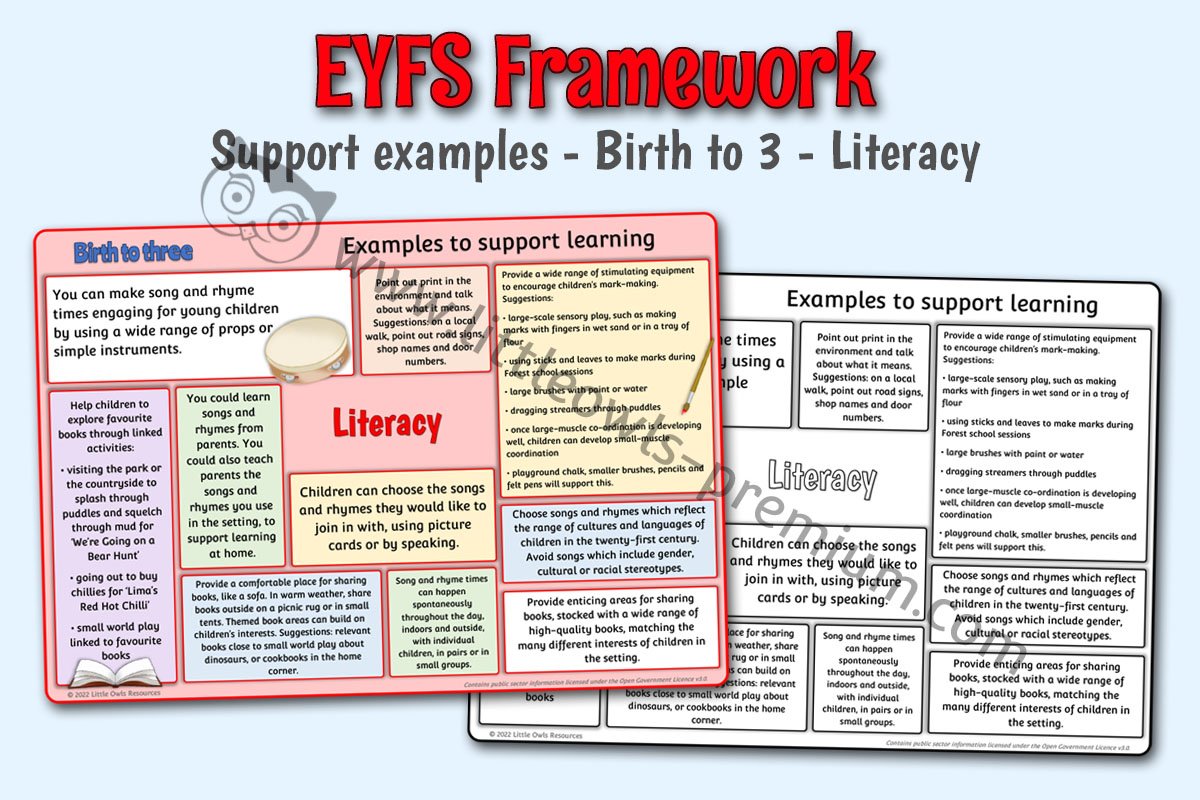















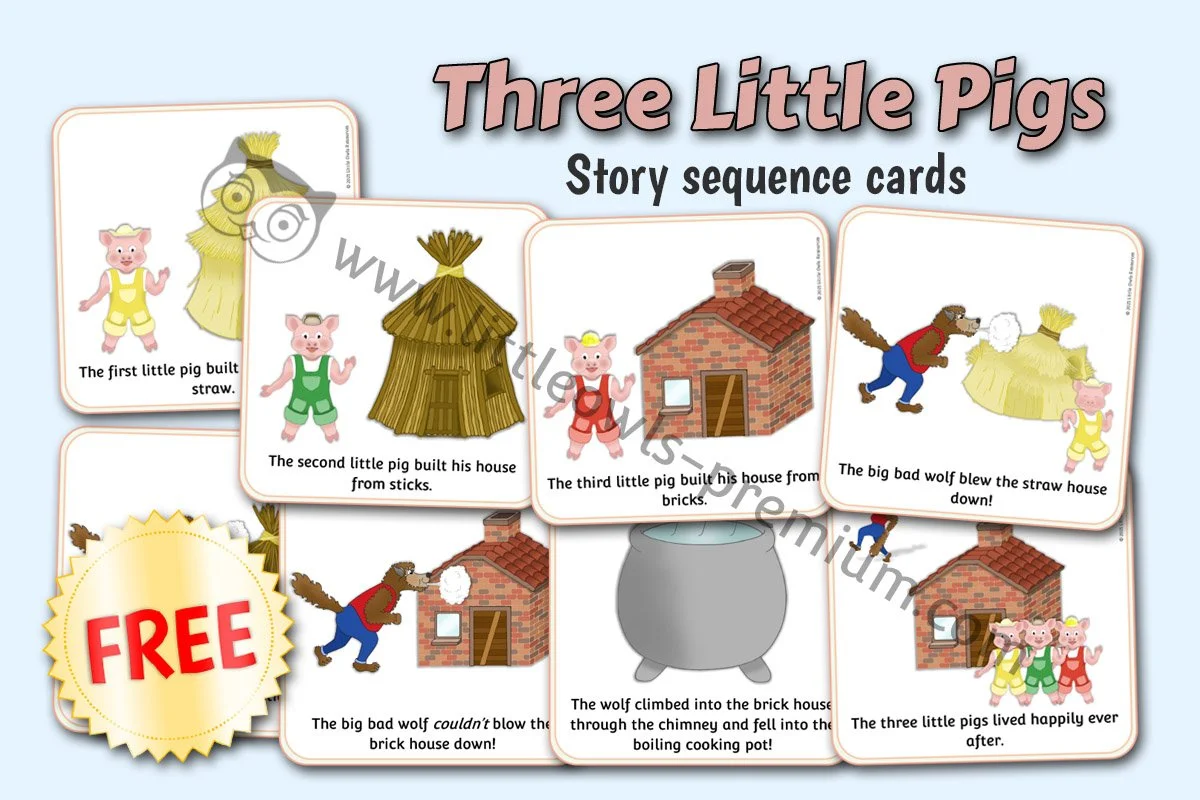








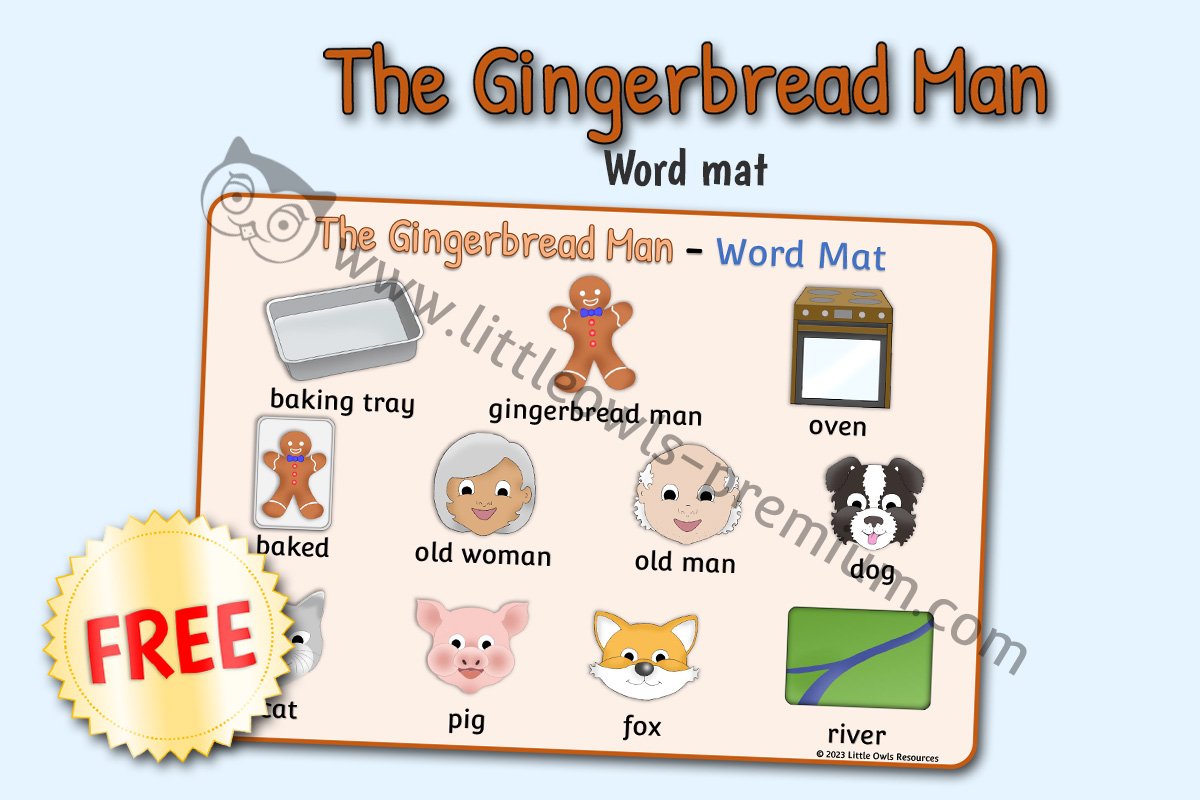

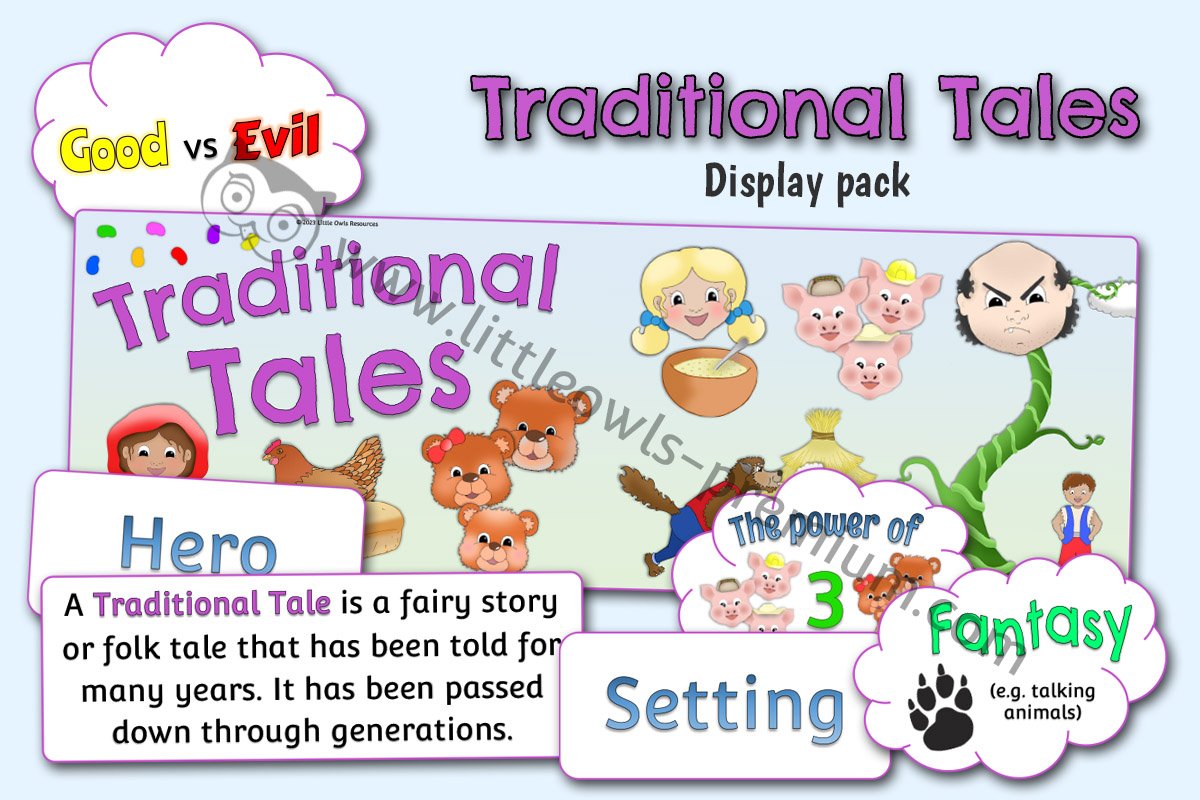







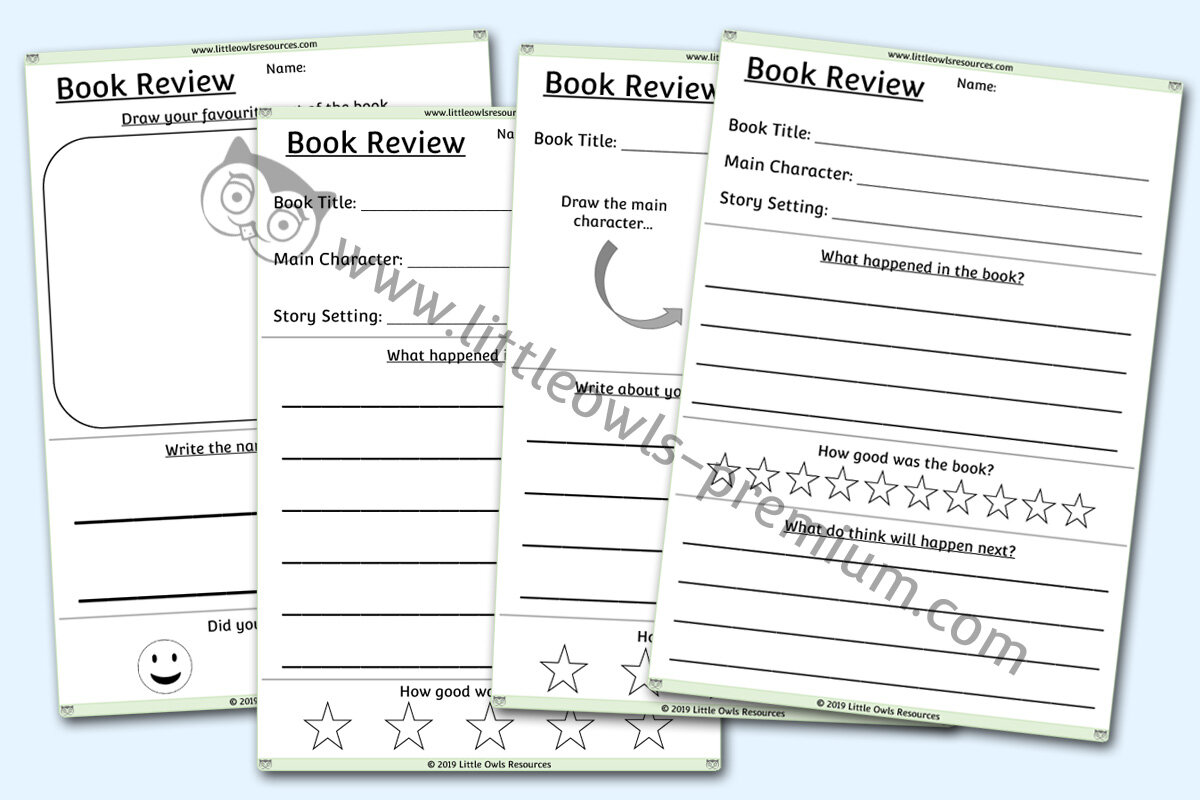

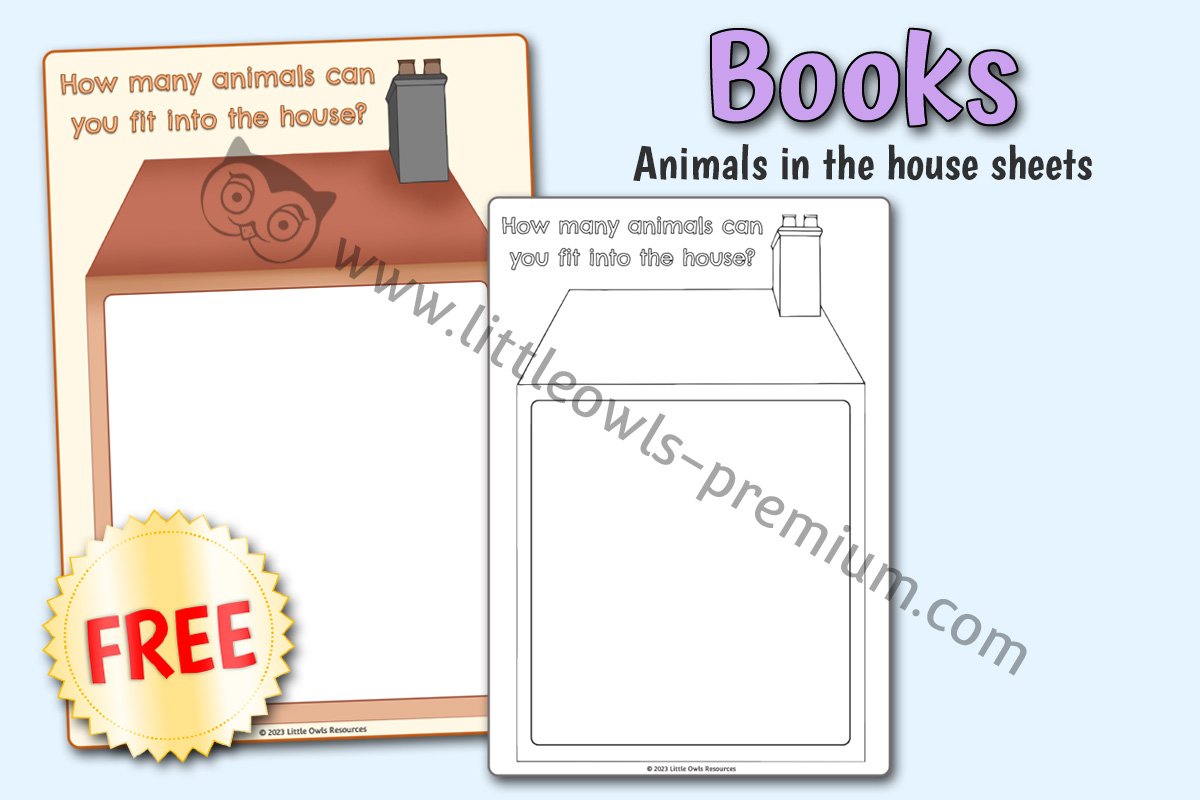
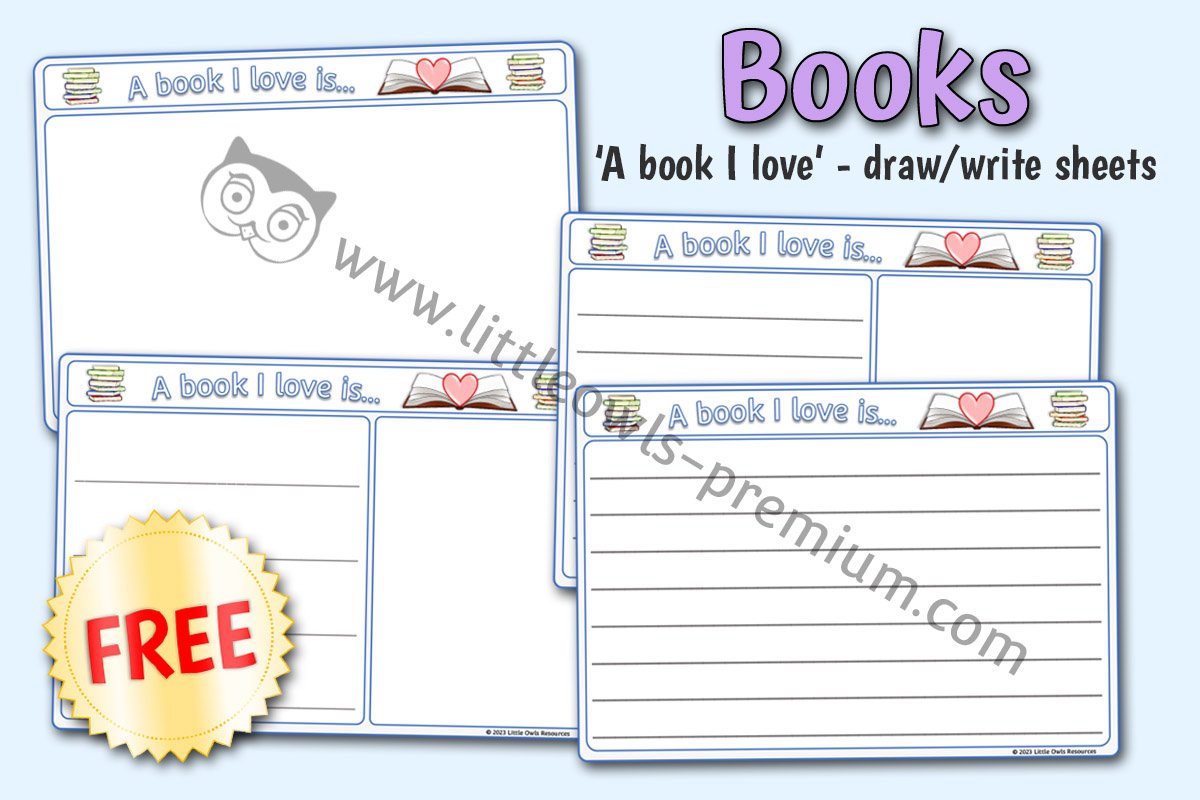



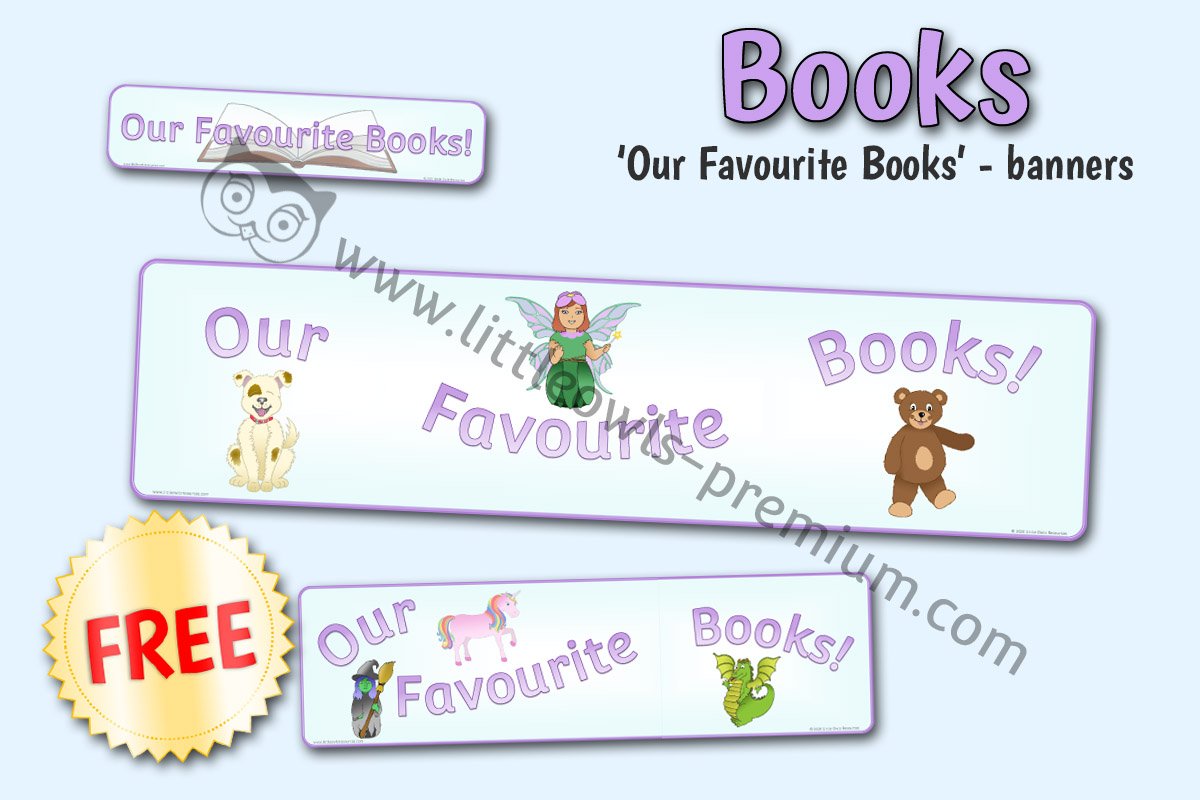
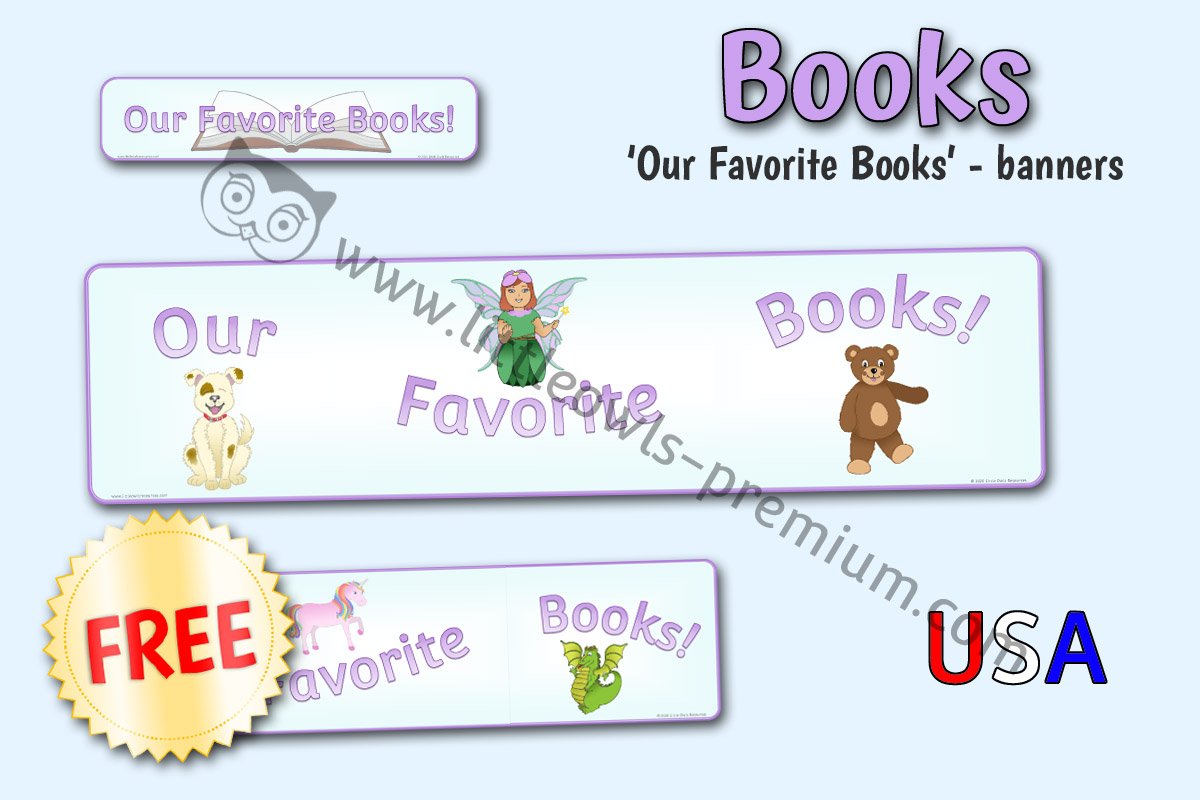
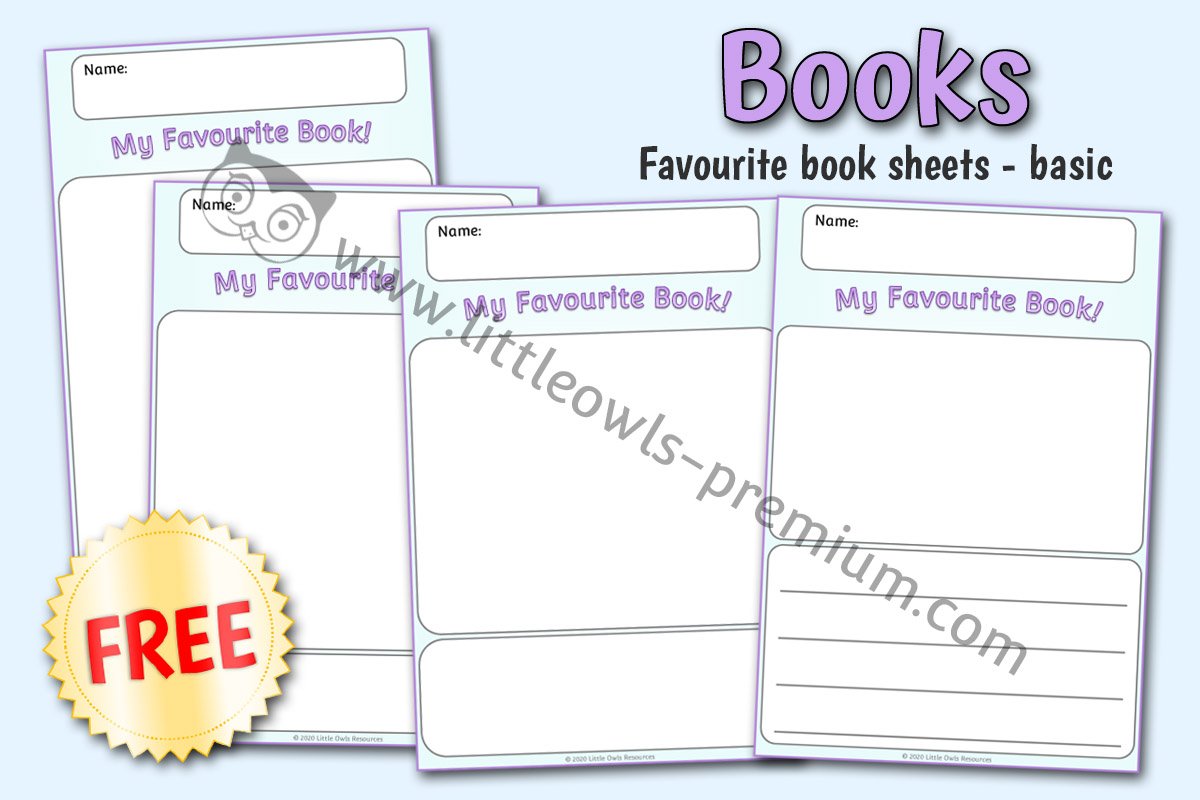
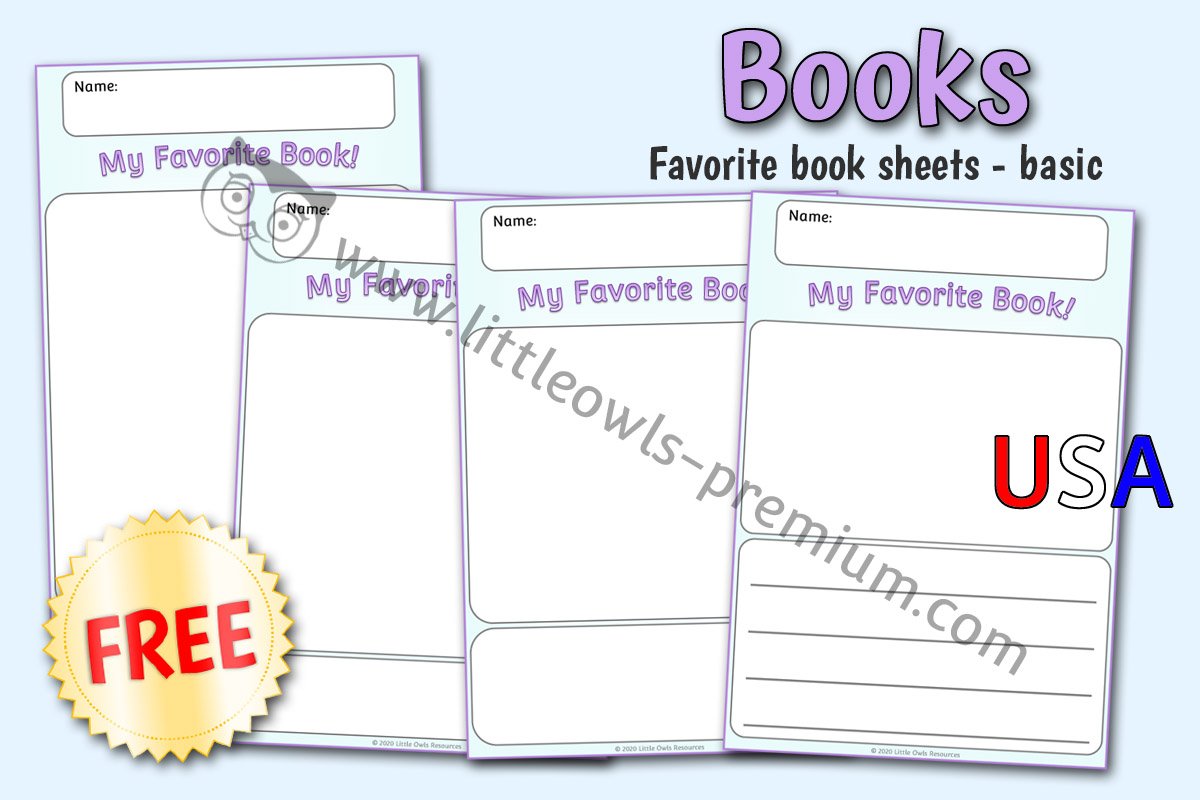
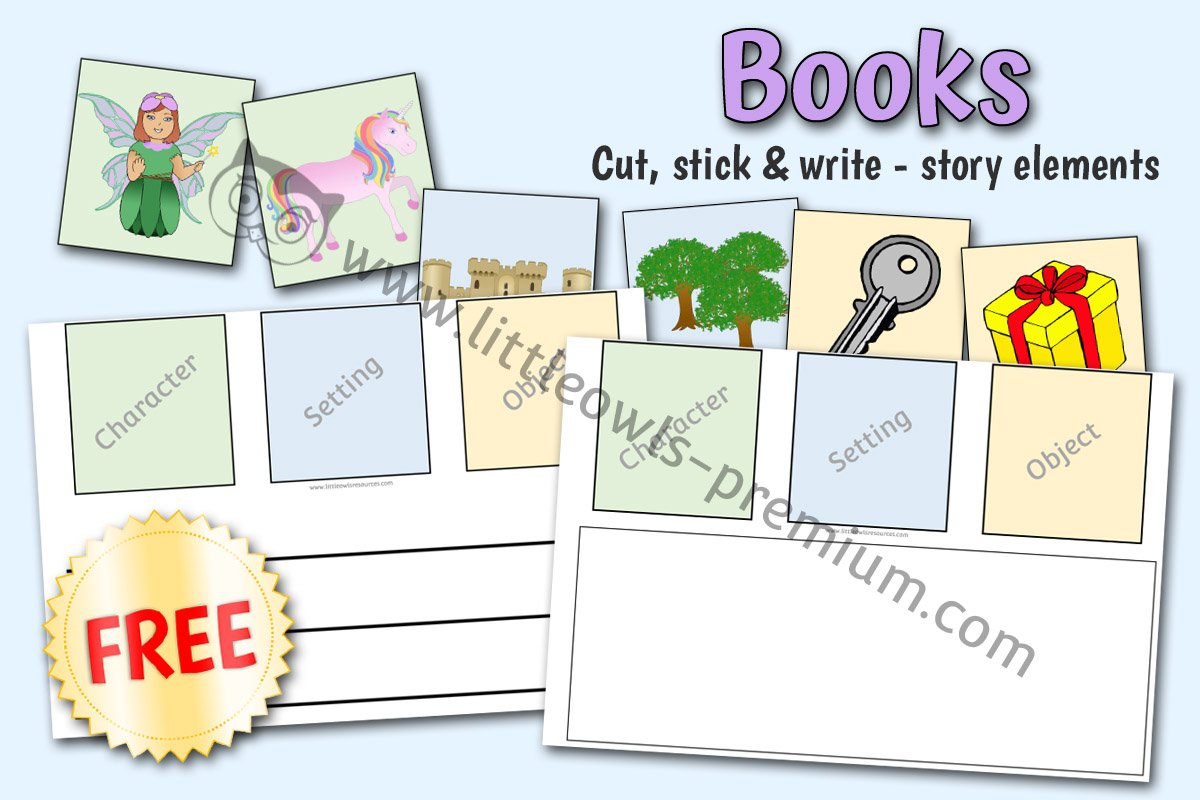

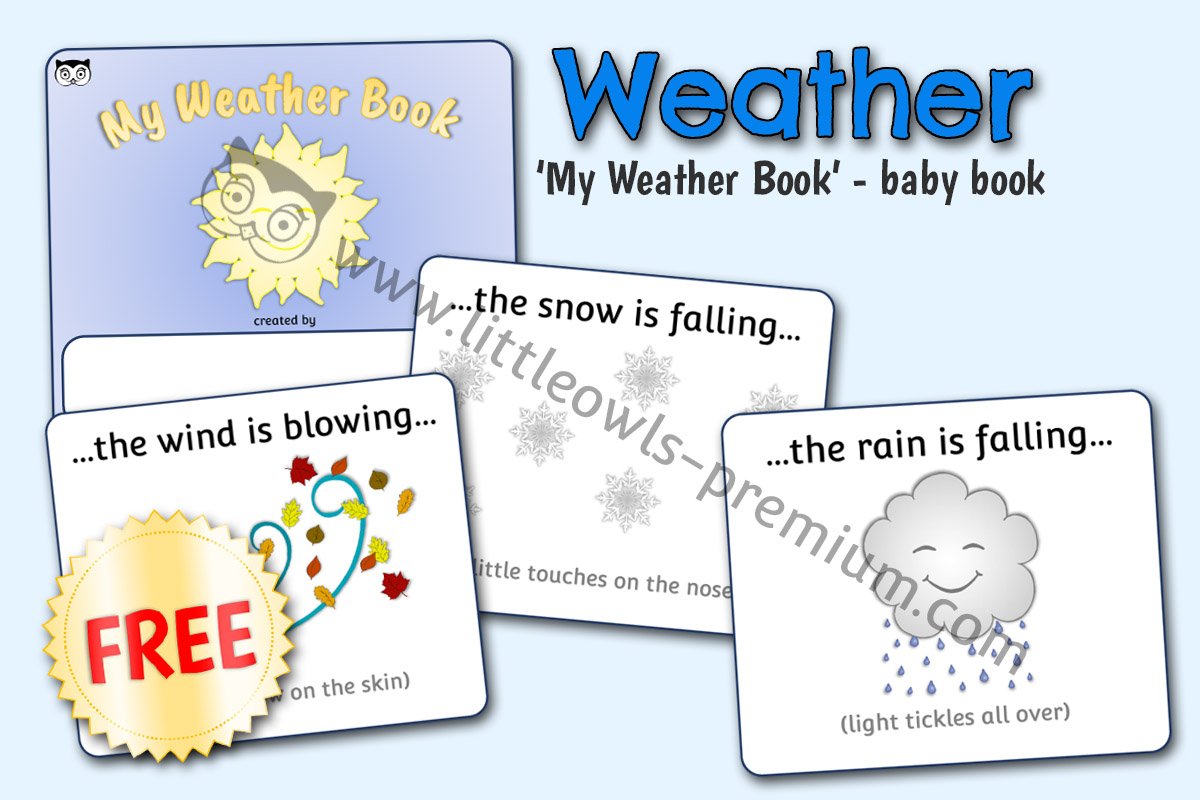
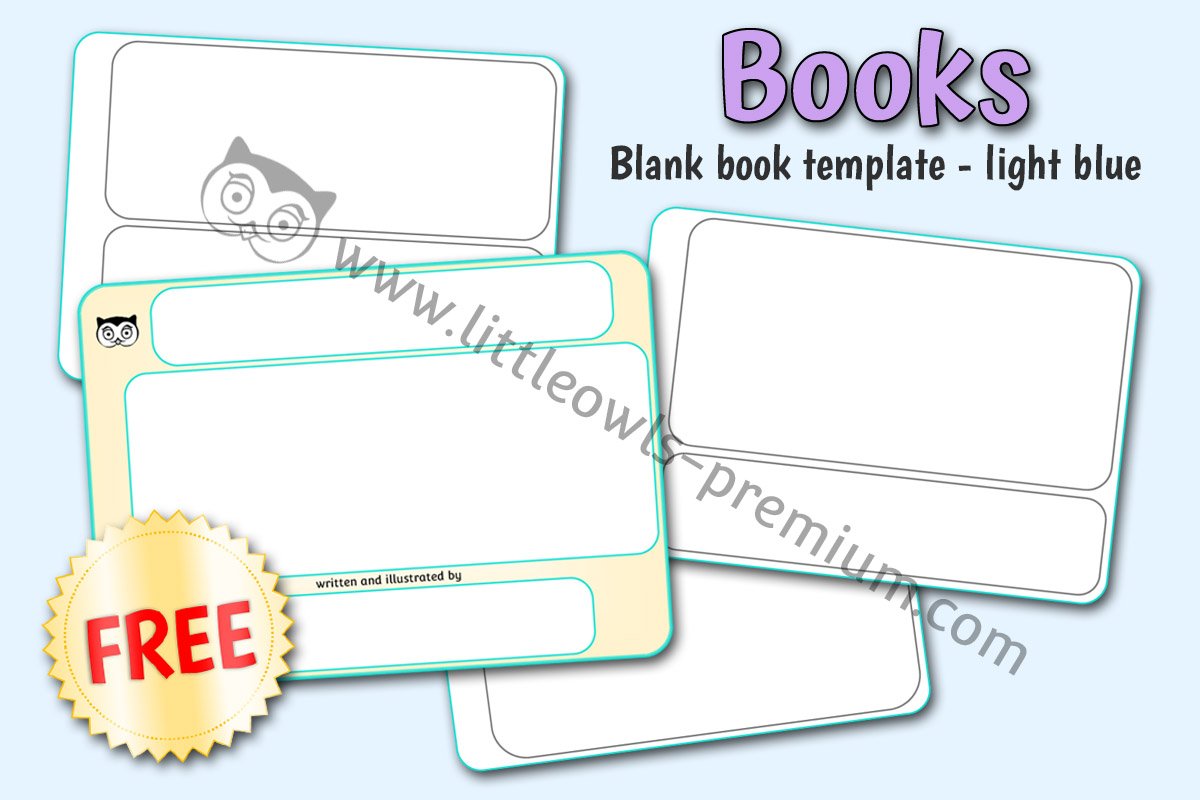

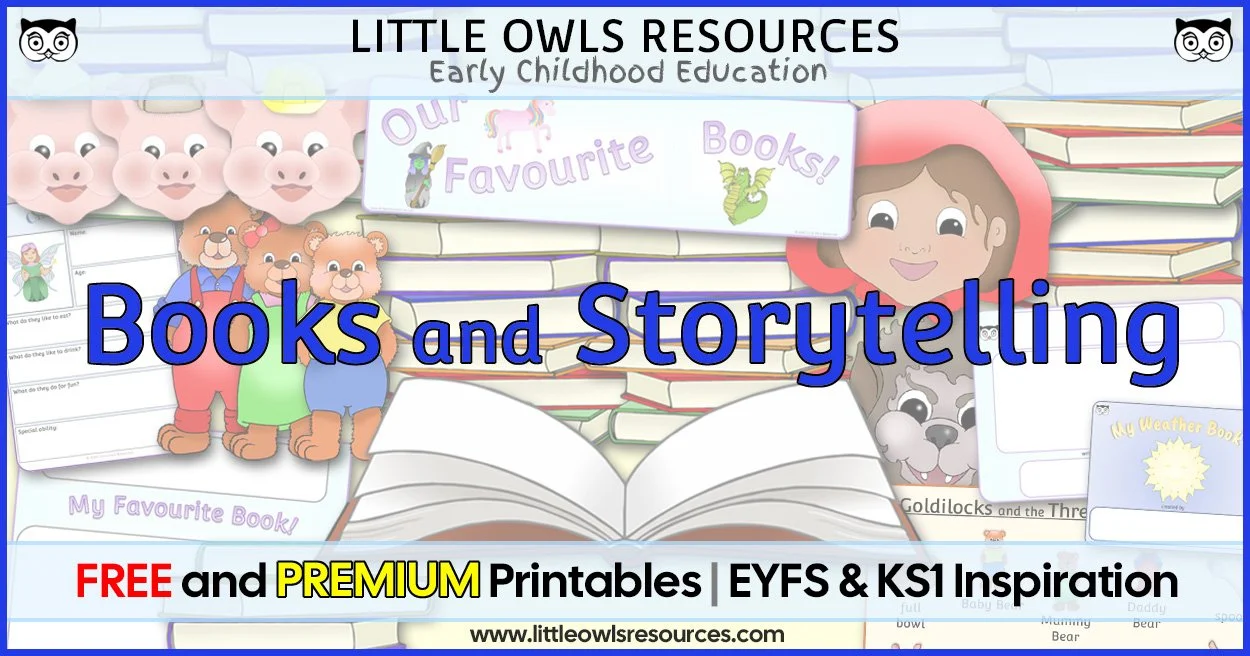






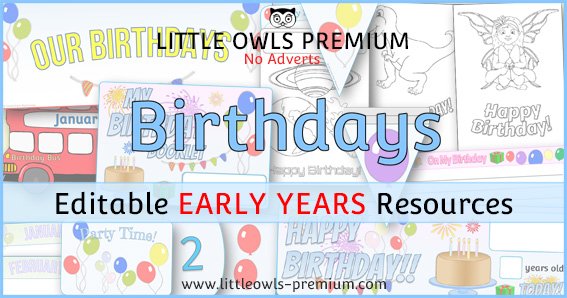
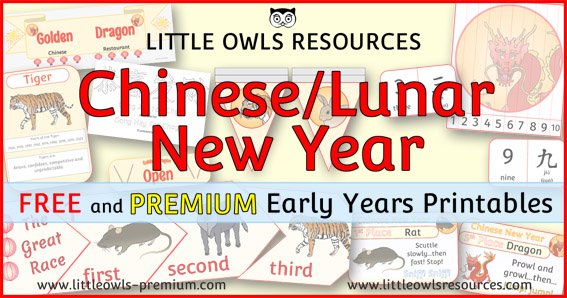
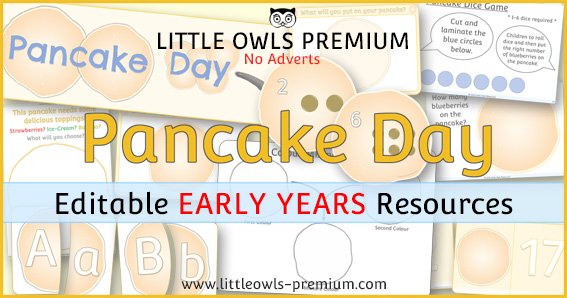
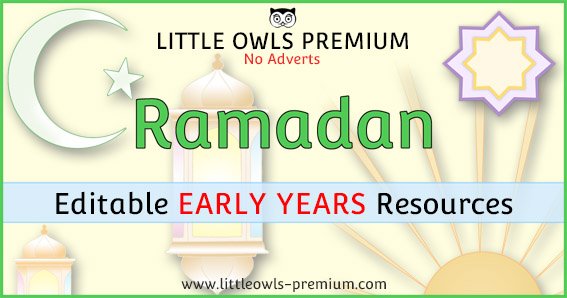
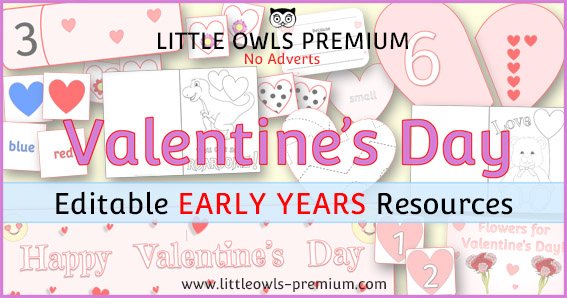













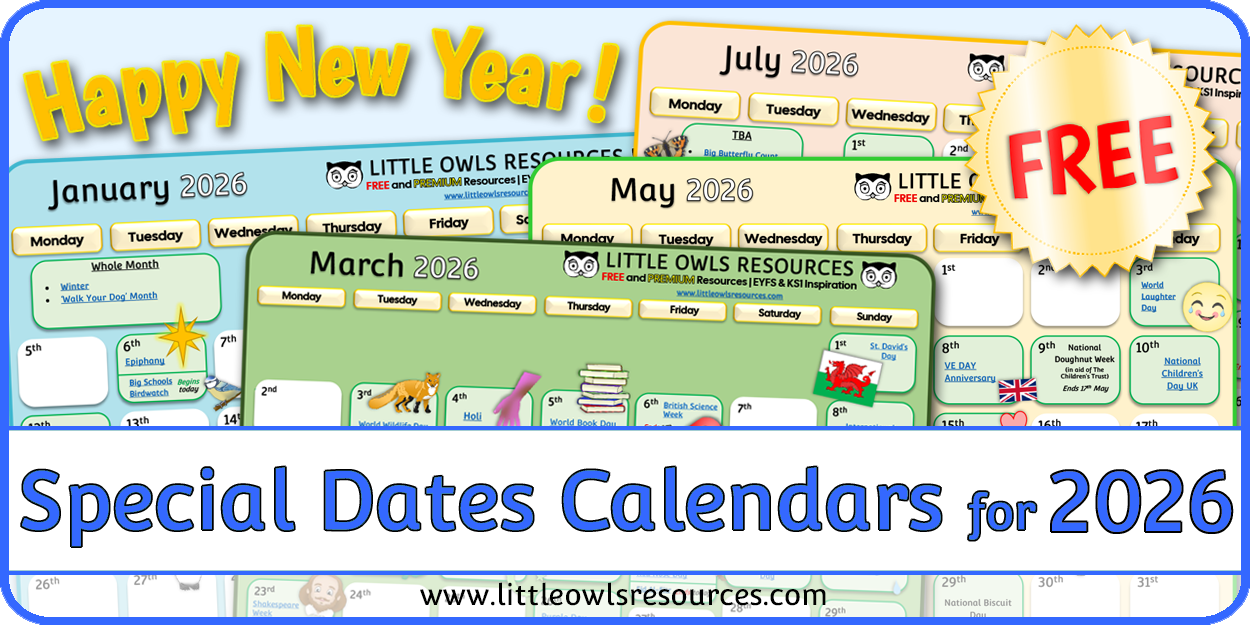
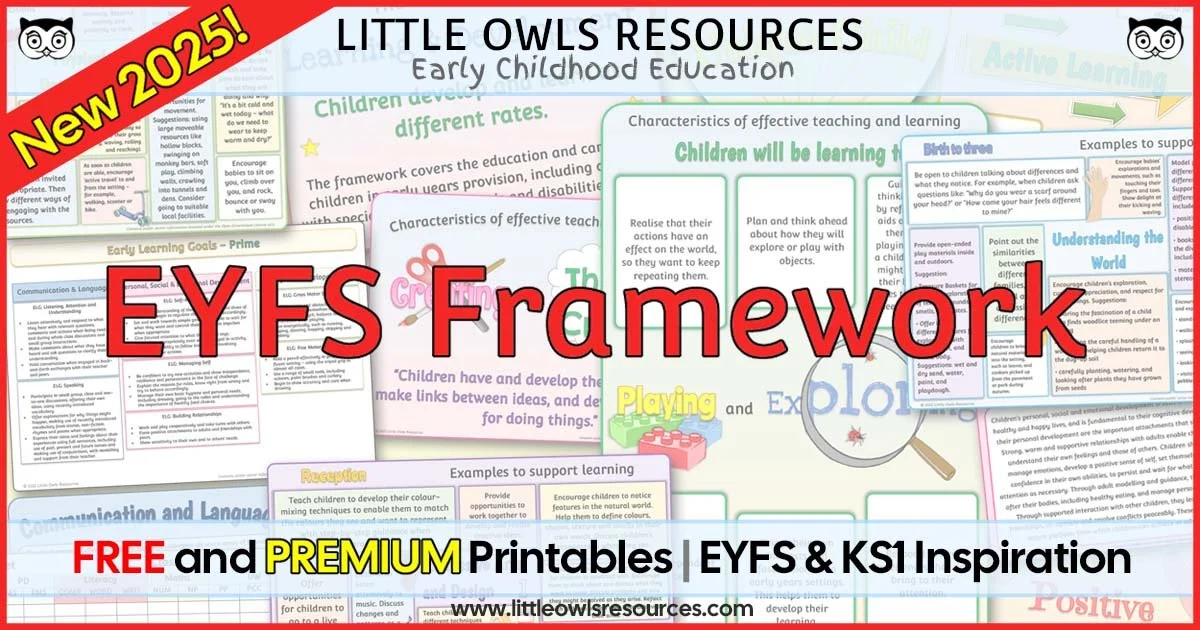

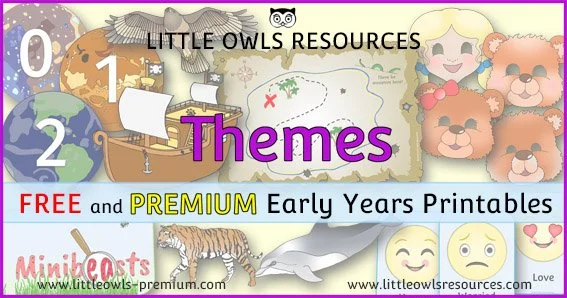

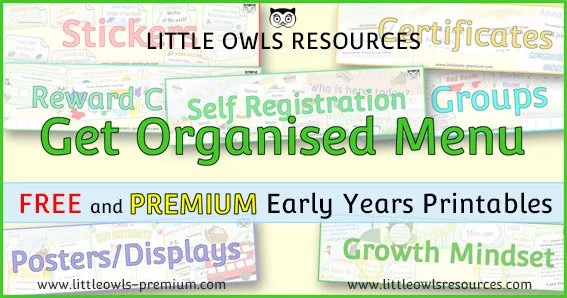

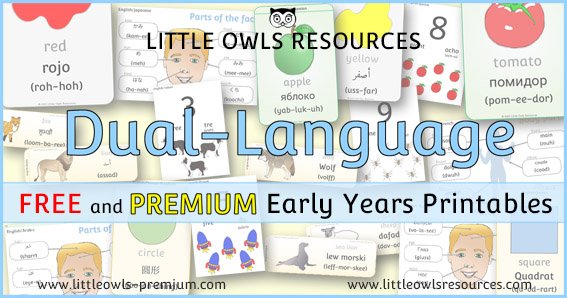
Let's wear something red and learn about our amazing hearts and helping others! ❤️🔴 National Wear Red Day is a special yearly event organised by the Children's Heart Surgery Fund…